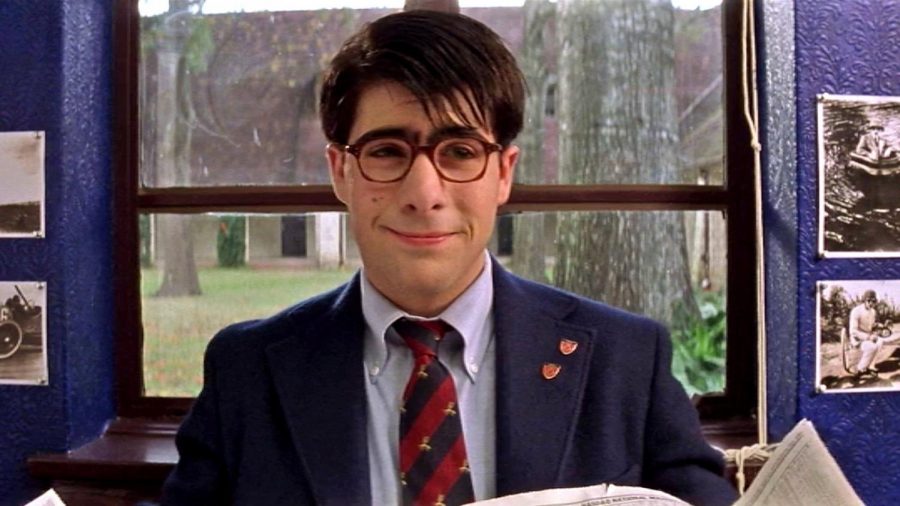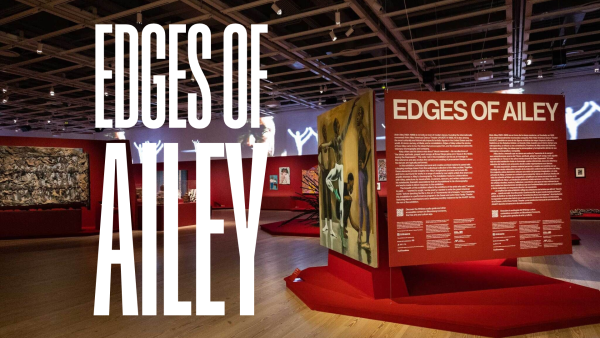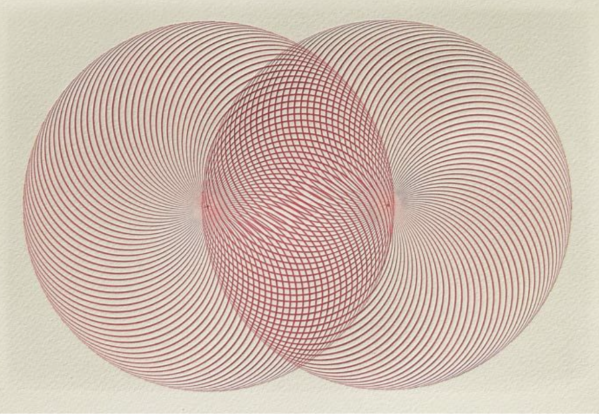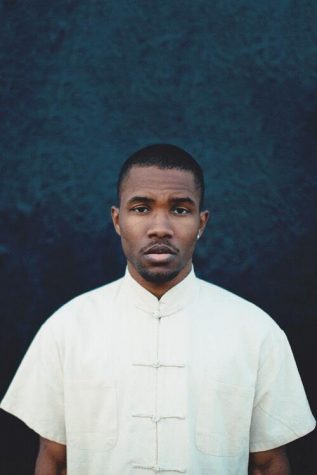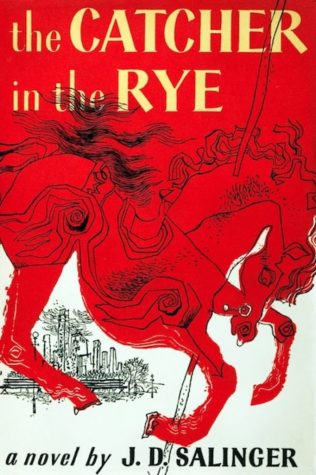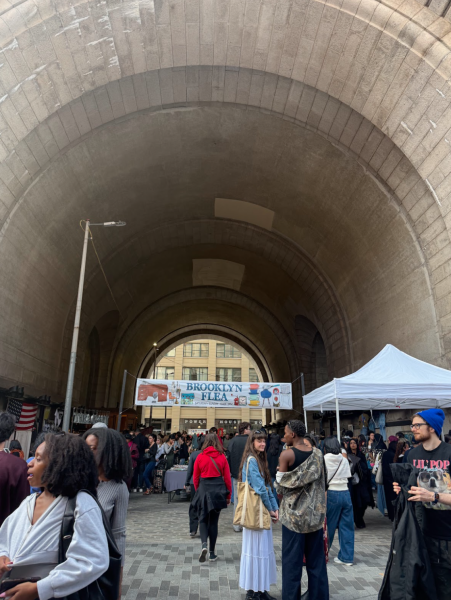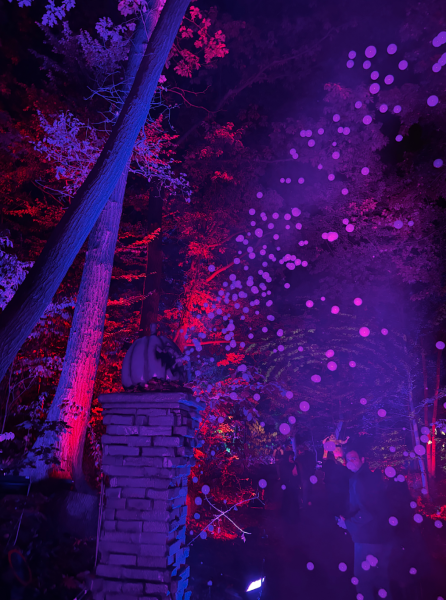“Rushmore” Walked so “The Grand Budapest Hotel” Could Run
Wes Anderson is one of my favorite directors. Sure, I listen to indie pop and cuff my jeans enough to make it seem like this is a necessary personality trait, but I am a genuine fan of his films. Upon the highly anticipated release of “The French Dispatch” later this year, Anderson’s cinematic realm will be 10 films strong and over 20 years in the making. Such acclaim and longevity began in 1998 with Anderson’s release of his coming-of-age classic “Rushmore.”
Needless to say, it was ahead of its time.
“Rushmore” explores how the juxtaposition between youthful ambition and social expectations can manifest itself into inhibition within teenagers on the precipice of adulthood. Too young to know it all but too old not to know any better, Max Fischer is 15 going on 50 with a superiority complex hinging on his attendance at Rushmore Academy. Through an absurd array of human interaction centered around his pursuit of love and notoriety, Max and his inadequacies are often paralleled by his friendship and rivalry with his middle-aged frenemy Herman Blume.
This troubled tech tycoon’s cynical and self-loathing nature just goes to show that the grass is not always greener on the other side. Through a series of hijinks and low blows, the duo eventually comes to terms with how life cannot necessarily be figured out with age and strive to make the best of the present together.
As interesting and relevant as “Rushmore” is, I appreciate the precedent the film set slightly over the film itself. First off, this movie marked the beginning of Jason Schwartzman’s acting career. Almost unrecognizable as Max Fischer, Schwartzman’s ability to embody such a unique character at such a young age paved the way for him to collaborate with Anderson in several of his future films including “The Darjeeling Limited” and “Fantastic Mr. Fox.” Similarly, Bill Murray’s portrayal of Herman Blume has led him to be a part of every single movie Anderson has directed since Rushmore, including a starring role in “The Life Aquatic with Steve Zissou.” Essentially, the critical success of “Rushmore” gave Anderson enough leverage to create a decades-old empire of collaboration.
It is also fascinating to see the early stages of Anderson’s creative process unfold right in front of you. Whip pans, pristine symmetry, tasteful color palettes — these tactics have become Anderson staples over the years. However, seeing them applied to such a mundane setting in “Rushmore” highlights their immense potential at the time. Sixteen years later, a private day school turned into a picturesque romp around 20th century western Europe in “The Grand Budapest Hotel,” allowing Anderson to receive his first Academy Award nominations for Best Picture and Best Director. Although “Grand Budapest” is my all-time favorite movie, I would be remiss to ignore how it would be nothing without “Rushmore.”





































































































































































































